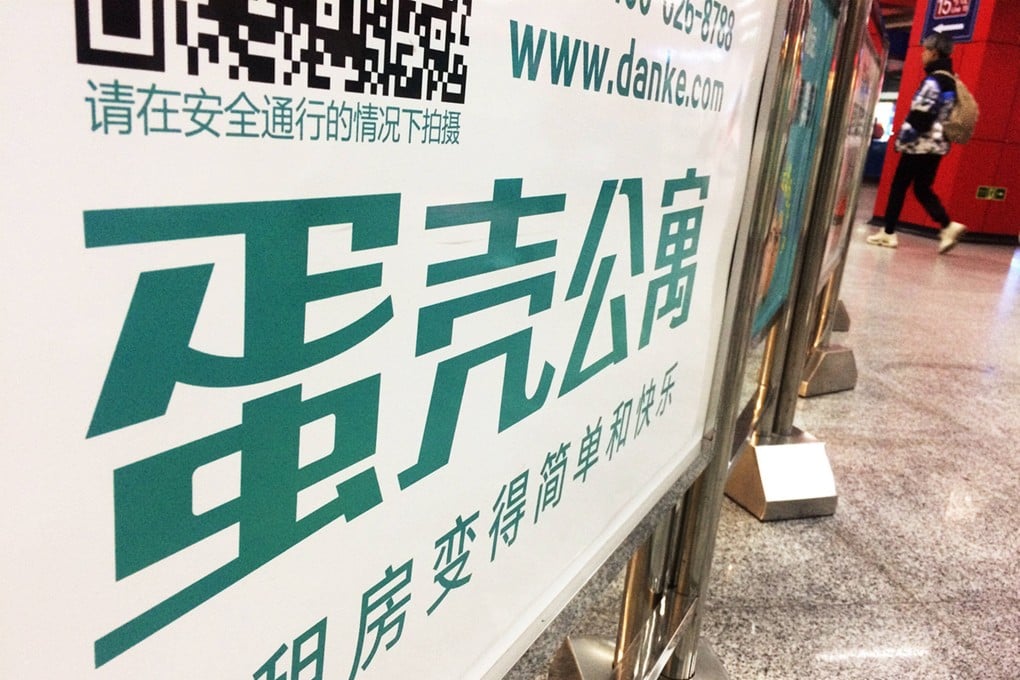Danke stops property listings on its rental app in China as it beats back talk of viability less than a year after New York stock sale
- The smartphone application of the Beijing-based company, formally known as Phoenix Tree Holding, has stopped listing vacant homes available for rent, their prices, photos or any other information
- Danke’s executives could not be reached for comment on Christmas Day, a normal business and market day in China

Danke, battling speculations about its financial viability less than a year after its New York initial public offering, appears to have ceased operating its home rental referral platform in China.
The smartphone application of the Beijing-based company, formally known as Phoenix Tree Holding, has stopped listing vacant homes available for rent, their prices, photos or any other information. Danke’s executives could not be reached for comment on Christmas Day, a normal business and market day in China.
Founded in 2015, Danke runs a business model similar to WeWork, but for residential property instead of office space. It rents apartments from landlords on a long-term basis, renovates and splits them into smaller units and then sublets them to tenants. The firm, which is yet to make a profit, operated more than 415,000 flats in 13 cities across China at the end of March, according to its latest quarterly report.
